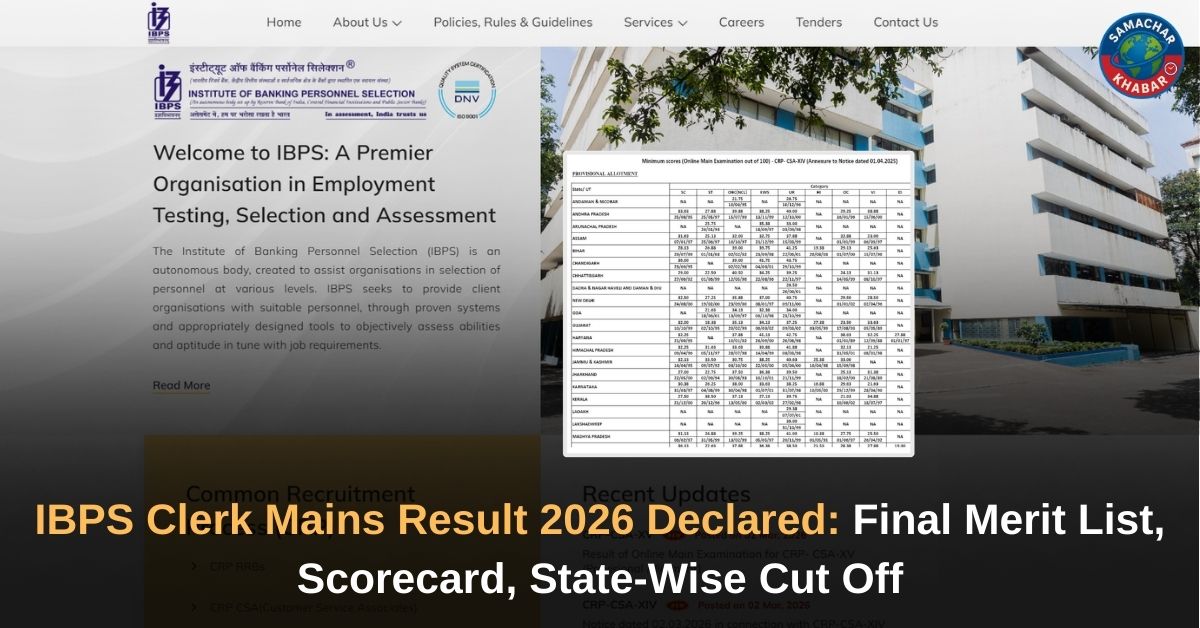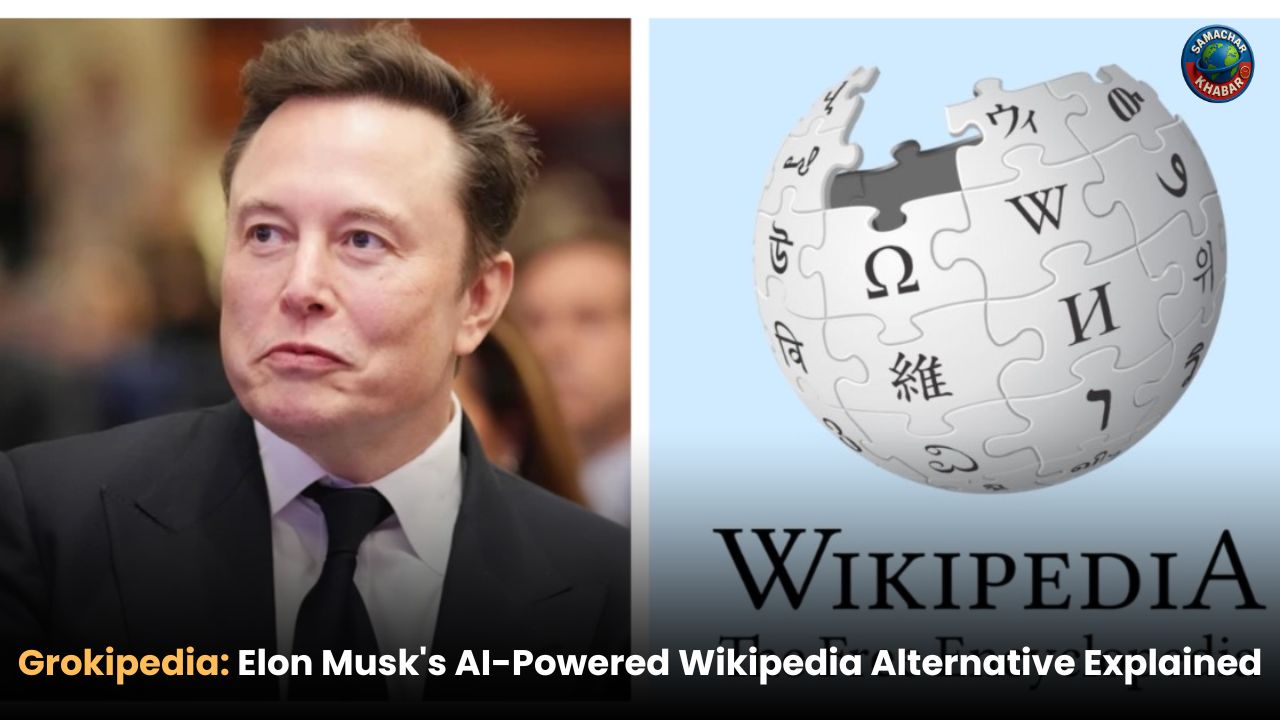For years, public debates have centred around artificial intelligence and the threat it poses to white-collar employment. But industrial leaders now argue that a far more urgent crisis is already underway—one that has been decades in the making and is rapidly reshaping global labour markets. Mahindra Group Chairman Anand Mahindra has issued a strong warning about an escalating shortage of skilled tradespeople, citing concerns raised by Ford CEO Jim Farley and echoed by Elon Musk.
According to them, millions of essential roles remain unfilled across the United States despite high salaries, exposing a dangerous imbalance society created by glorifying degrees over hands-on expertise.
Key Highlights of the Emerging Skilled-Labour Crisis
- Anand Mahindra warns of a “far bigger crisis” than AI wiping out white-collar jobs, citing a drastic shortage of trained workers.
- Ford CEO Jim Farley reveals the company has tens of thousands of mechanic roles unfilled despite salaries around $120,000 a year.
- Across the US, more than one million essential trade positions : plumbing, electrical work, trucking, factory operations remain vacant.
- Federal data shows over 400,000 manufacturing jobs open even as unemployment stands at 4.3%.
- A Deloitte study projects 2.1 million vacant manufacturing jobs in the US by 2030, potentially costing the economy $1 trillion.
- Elon Musk warns that America lacks people willing to train for demanding physical work, reinforcing Mahindra’s concerns.
- Mahindra says societal pressures have pushed degrees to the top of the aspirational ladder and skilled trades to the bottom, creating an imbalance AI cannot fix.
A Crisis Decades in the Making
Anand Mahindra highlights that the roots of this labour emergency lie in long-standing cultural choices. For decades, society encouraged young people to pursue degrees, white-collar employment, and desk-based careers. Skilled trades, mechanics, electricians, machinists, plumbers, manufacturing workers were quietly pushed to the bottom of the prestige hierarchy. This shift, Mahindra says, created a generation that was steered away from high-value, hands-on vocations that demand practical mastery.
Ironically, these are the very jobs AI cannot replace. Skilled trades require dexterity, judgment, apprenticeship-driven training, and years of real-world experience. Mahindra questions whether the world is now heading toward a reset, where the definition of a “dream career” changes, and roles that keep economies functioning become the most sought-after positions.
Ford CEO Jim Farley’s Startling Revelation
Jim Farley’s recent remarks brought sharp clarity to the extent of the problem. Speaking on the ‘Office Hours: Business Edition’ podcast, he stated that Ford has tens of thousands of mechanic jobs unfilled, with many offering salaries close to $120,000 a year. Despite the attractive pay and deep need, the company still struggles to find talent willing to work in physically demanding, skill-dependent roles.
Farley emphasised that the shortage reaches far beyond the automobile sector. Nationwide, more than one million essential roles in fields like plumbing, electrical work, trucking, and factory operations remain vacant. He called it a “serious problem” that now poses a national threat—not just to manufacturing capacity, but also to emergency services and core infrastructure.
Federal Data Confirms a National Emergency
Official data reinforces these alarm bells. As of August 2025, over 400,000 manufacturing positions across the United States were open. Yet unemployment simultaneously stood at 4.3%. This contradiction points to a shrinking pool of trained workers rather than a lack of jobs.
A comprehensive study by Deloitte and The Manufacturing Institute warns that if the current trend continues, the US could face 2.1 million vacant manufacturing jobs by 2030. The economic impact of these missing workers may reach $1 trillion, underscoring how deeply the labour gap threatens future productivity.
Elon Musk Adds to the Warnings
Tesla, SpaceX, and Starlink CEO Elon Musk has also voiced concern about the acute shortage of people prepared to take up challenging physical work. In a post dated November 17, he remarked that America lacks individuals willing even to train for such roles. Musk’s statement aligns closely with Farley’s experience and further validates the urgency of Mahindra’s warning.
His comments highlight a cultural shift where young workers often gravitate toward digital, remote, or desk-based roles, even as hands-on technical work becomes more essential to powering modern infrastructure and industry.
Mahindra Invokes Karl Marx to Illustrate the Shift
In a compelling comparison, Anand Mahindra referenced Karl Marx, noting that while Marx envisioned workers rising through struggle, he may never have imagined a future where workers rise because they are too skilled, too scarce, and too essential to replace. Mahindra calls this moment a “revolution not through violence, but through value-discovery,” reflecting a profound shift in how societies may soon value hands-on expertise.
As the scarcity of skilled tradespeople grows, their indispensability is becoming increasingly evident. The labour hierarchy, once dominated by white-collar aspirations, may undergo a fundamental rebalancing.
What This Shift Means for the Future Workforce
The warnings from Mahindra, Farley, and Musk highlight a turning point for global labour dynamics. As AI transforms office-based roles, economies urgently need skilled individuals who can build, repair, maintain, and operate physical systems. The crisis is not hypothetical—it is already unfolding, with millions of essential jobs lying vacant despite competitive salaries.
If current trends continue, the biggest winners of the AI era may not be software developers or corporate executives, but skilled tradespeople whose expertise cannot be automated. This is a moment that calls for cultural realignment, renewed respect for hands-on professions, and a rethinking of what constitutes a high-value career in the modern world.
Spiritual Wisdom Behind Destiny and Livelihood
In today’s world, debates about job scarcity, economic instability, and labour shortages dominate headlines. Leaders like Anand Mahindra, Jim Farley, and Elon Musk highlight how millions struggle to find employment despite rising demand for skilled workers. Yet, according to the eternal spiritual knowledge of Tatvdarshi Sant Rampal Ji Maharaj, the root of this issue goes beyond economics.
He explains that job gain or job loss is ultimately governed by destiny, which is crafted from our past karmas. No matter how hard a person tries, if a job is not written in their fate, it often slips away. Only a small percentage truly succeed and even those who do may not find lasting happiness in it.
Sant Rampal Ji Maharaj teaches that true security comes from devotion to the Supreme God. When one connects with the Complete God through true bhakti, even impossible outcomes become possible, jobs come without struggle, and life becomes stable. He reminds us that when we were in the mother’s womb, it was God who protected us and arranged our nourishment even before birth. Just as He took care of us then, He continues to manage every aspect of our lives today.
Therefore, while work is essential, devotion must remain the priority. When God stands with us, every path clears effortlessly.
- Visit our Website: www.jagatgururampalji.org
- YouTube: Sant Rampal Ji Maharaj
- Facebook: Spiritual Leader Saint Rampal Ji
- ‘X’ handle: @SaintRampalJiM
FAQs on the Emerging Skilled-Labour Crisis Highlighted by Anand Mahindra
What labour crisis did Anand Mahindra warn about?
Anand Mahindra warned of a severe shortage of skilled tradespeople, calling it a far bigger crisis than AI replacing white-collar jobs.
Why is the skilled-labour shortage considered urgent?
Millions of essential US jobs, mechanics, electricians, factory operators, remain unfilled despite high salaries, threatening manufacturing capacity and critical infrastructure.
What did Ford CEO Jim Farley reveal about vacancies?
Jim Farley said Ford has tens of thousands of mechanic roles vacant, many paying around $120,000 a year, but attracting no trained workers.
What did Elon Musk say about the workforce issue?
Elon Musk said America lacks people willing to learn or perform challenging physical work, worsening the shortage of essential skilled labour.
How big could the manufacturing gap become by 2030?
A Deloitte study projects 2.1 million unfilled manufacturing jobs by 2030, potentially causing a $1 trillion economic impact.














